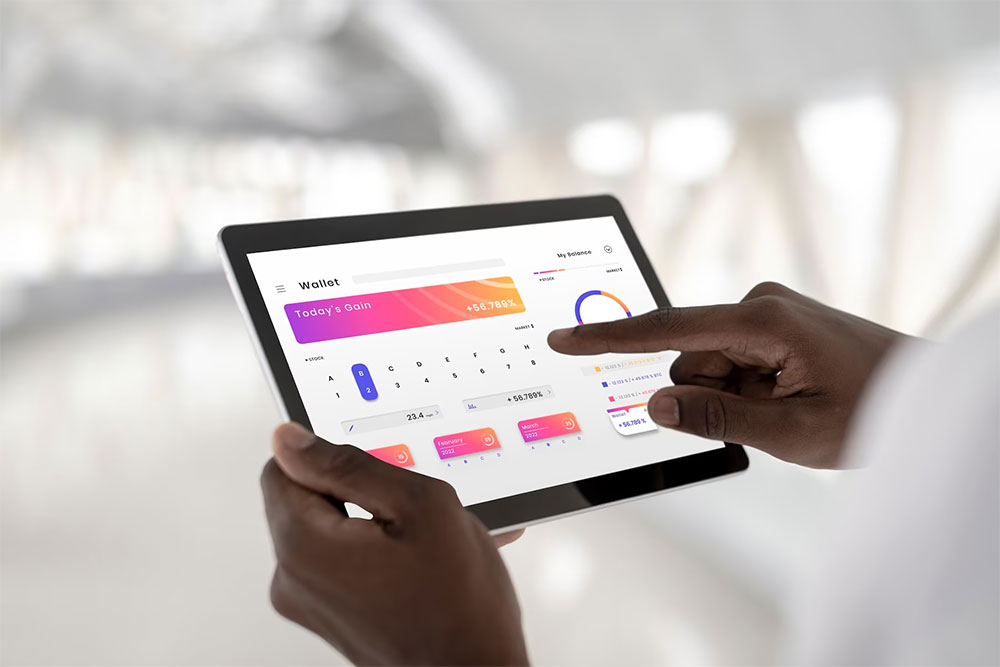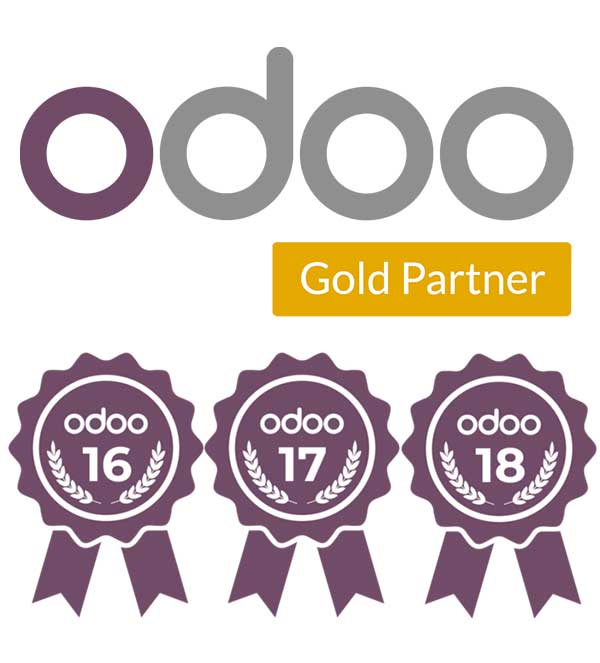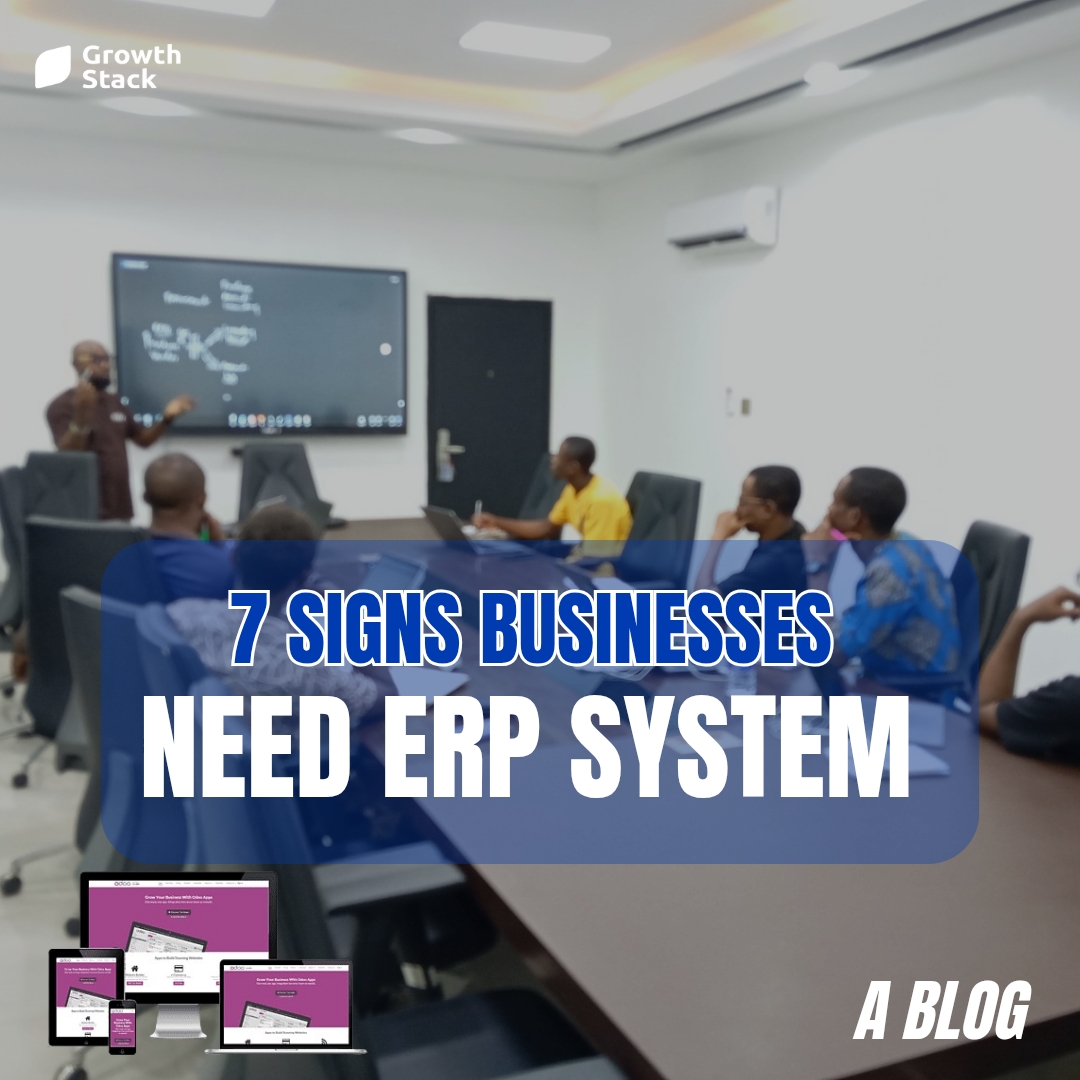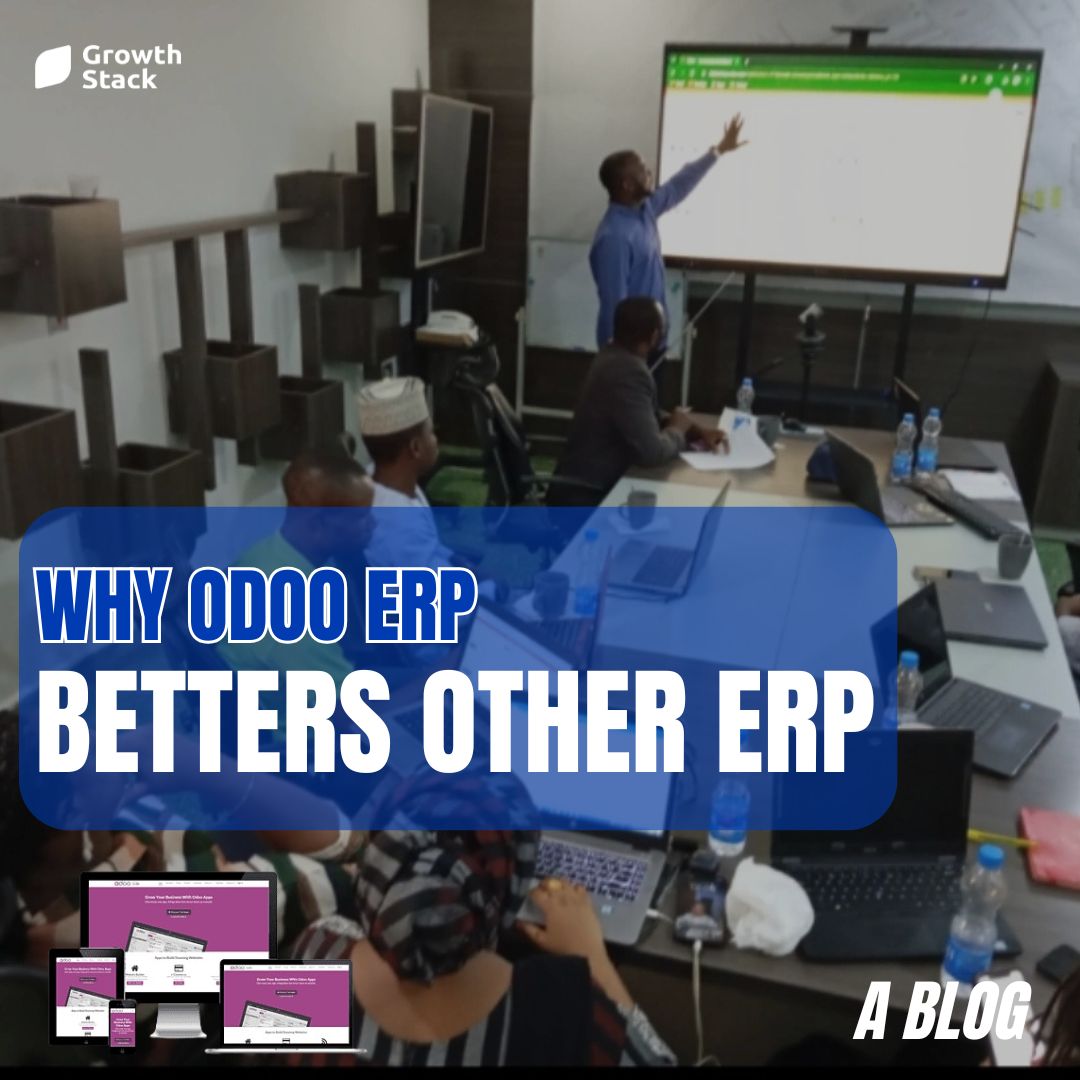In the fast-paced world of modern business, a reliable Enterprise Resource Planning (ERP) system is indispensable. An ERP system integrates various business processes and data into a single platform, streamlining operations, enhancing efficiency, and promoting informed decision-making. With the multitude of options available, selecting the right ERP system requires careful consideration of its features and functionalities. This article explores the 10 key features that businesses should prioritize when choosing ERP system.
- Scalability: Business needs evolve over time. An effective ERP system should be able to accommodate growth and expansion. Look for a system that can easily scale up to accommodate increased data volume, users, and new modules as your business flourishes.
- Customization: Every organization has unique processes and workflows. A flexible ERP system should allow for customization without excessive coding. Customizable dashboards, fields, and workflows ensure that the system aligns with your specific business requirements.
- Integration Capabilities: An ERP system should seamlessly integrate with your existing software applications such as CRM, HR, and e-commerce platforms. Integration streamlines data flow and minimizes manual data entry, reducing errors and enhancing overall efficiency.
- Cloud Compatibility: Cloud-based ERP systems offer numerous advantages, including accessibility from anywhere, automatic updates, and reduced infrastructure costs. Cloud compatibility ensures your ERP system can adapt to modern technology trends.
- Mobile Accessibility: In today’s mobile-driven landscape, the ability to access ERP functionalities from mobile devices is crucial. A mobile-responsive ERP system enables key decision-makers to stay connected and make informed choices even while on the go.
- Data Security: Protecting sensitive business data is paramount. Look for ERP systems that offer robust security features, such as data encryption, user authentication, and role-based access controls to ensure that data remains confidential and secure.
- Real-time Analytics: Timely and accurate insights drive effective decision-making. Choosing ERP system with robust analytics and reporting capabilities empowers users to monitor key performance indicators, track trends, and identify opportunities for improvement.
- User-Friendly Interface: User adoption is essential for successful ERP implementation. A user-friendly interface with intuitive navigation and clear workflows enhances employee engagement and reduces the learning curve.
- Vendor Support: A strong partnership with the ERP vendor is crucial for ongoing success. Look for vendors with a reputation for responsive customer support, regular updates, and a strong user community that can provide insights and best practices.
- Compliance and Regulations: Depending on your industry, your ERP system may need to comply with specific regulations such as GDPR, HIPAA, or industry standards. Ensure that the ERP system you choose has the necessary features to help you maintain compliance effortlessly.
In conclusion, choosing ERP system is a strategic decision that can significantly impact the efficiency and competitiveness of your business. By prioritizing these 10 key features – scalability, customization, integration capabilities, cloud compatibility, mobile accessibility, data security, real-time analytics, user-friendly interface, vendor support, and compliance – you can ensure that your chosen ERP system aligns with your business goals and processes. Remember that a well-implemented ERP system is not just a technology solution; it’s a catalyst for growth, innovation, and operational excellence.











